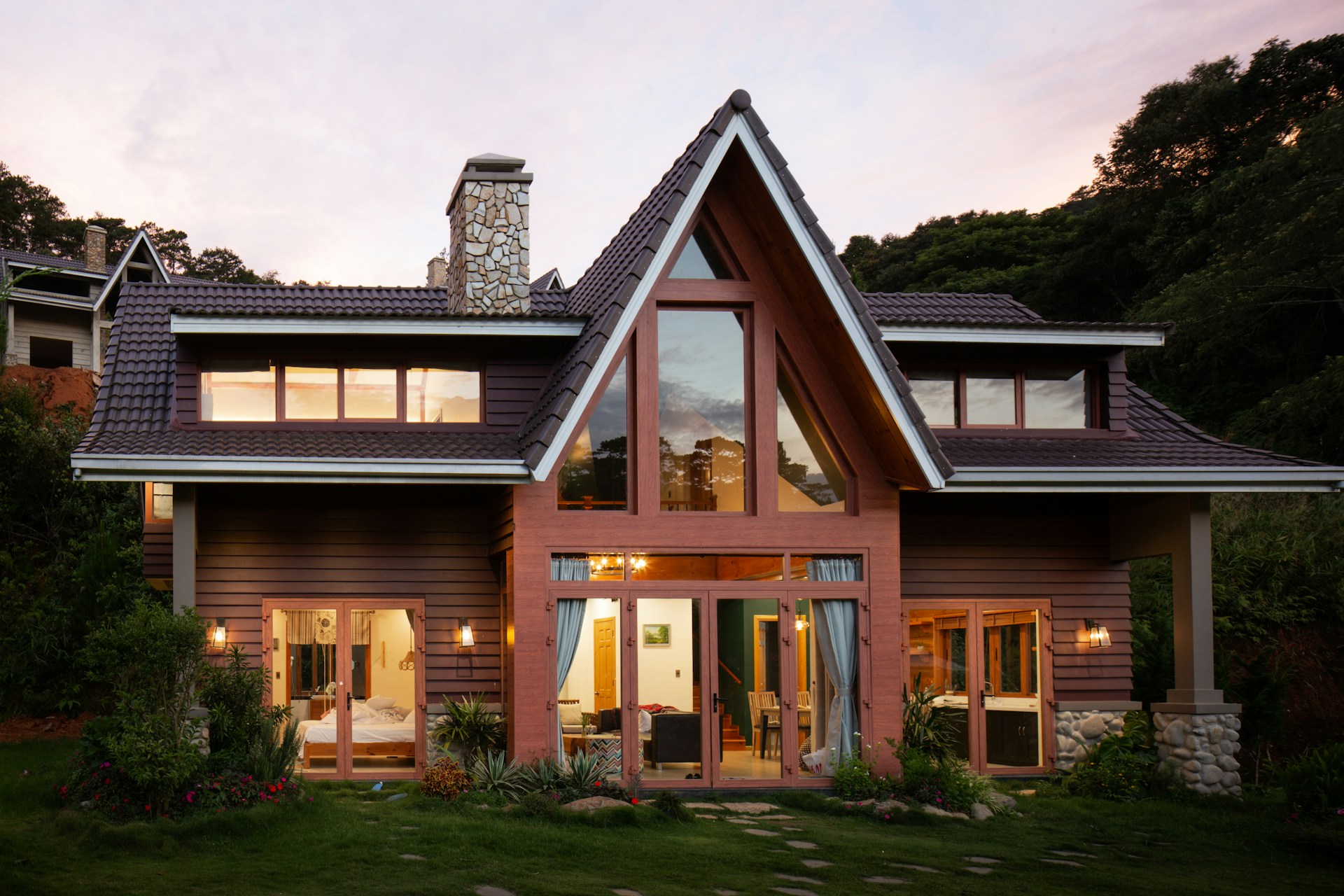

Question: How Do I Avoid Paying Capital Gains on a Cottage?
Answer: One way to avoid paying capital gains tax on a cottage is to make it your primary residence for a period of time. Alternatively, you could use the principal residence exemption if the cottage qualifies as your primary residence.
How Do I Avoid Paying Capital Gains on a Cottage? Minimizing Capital Gains Tax on Disposition
Cottages provide an escape from daily life, offering relaxation and nature connection. But selling your getaway can trigger capital gains tax. Luckily, strategies exist to minimize the tax owed.
Understanding Capital Gains Tax on Cottages
Capital gains tax applies to the profit made when you sell a capital asset, like real estate, for more than you bought it for. For cottages, the difference between the sale price and your original purchase price (plus additional costs) determines the capital gain. Here, the concept of principal residence exemption (PRE) is important. [ 1 ]
Principal Residence Exemption (PRE):
Your principal residence is your primary home. Selling your principal residence allows you to claim the PRE, exempting any capital gains from taxation. However, most people can only have one principal residence at a time.
Click here for more information on a real estate office near Caledon
Related Article: What are the Tax Implications of Owning a Second Home in Canada?
Related Article: Can I Make My Cottage My Primary Residence?
Strategies to Minimize Capital Gains Tax on Cottages
While your cottage might not qualify for the PRE, several strategies can help reduce your capital gains tax burden.
-
Maximize Ownership Time:
Generally, the longer you own your cottage, the lower the capital gains tax will be. This is because the capital gain is spread out over a longer period, potentially reducing the overall tax rate that applies. -
Track Additional Costs:
When calculating your capital gain, remember to include all allowable expenses incurred during ownership. This can include renovation costs, landscaping fees, and property taxes. Increasing your adjusted cost base through these additions reduces the overall capital gain amount. -
Explore Spousal Transfer:
Consider transferring partial ownership of the cottage to your spouse or partner if you are married or in a common-law partnership. This effectively reduces your share of ownership and potentially lowers your capital gains tax liability when the property is eventually sold.
Related Article: How Does CRA Determine Primary Residence?
Related Article: Can a Husband and Wife Have Separate Primary Residences in Canada?
Related Article: What is Vacation Property Insurance?
Related Article: What are the Disadvantages of Owning a Cottage?
Utilizing Professionals for Tax Optimization
Navigating the complexities of capital gains tax can be challenging. Consulting with qualified professionals can provide valuable guidance.
-
Tax Advisors:
A tax advisor can assess your specific situation and recommend the most suitable approach to minimize your capital gains tax on the cottage sale. They can also help with filing and ensure compliance with tax regulations. -
Real Estate Agents:
Real estate agents experienced in cottage property sales can provide valuable insights into current market trends and pricing strategies. Knowing the fair market value of your cottage is crucial for maximizing the sale price and potentially offsetting some capital gains.
Related Article: Is a Cottage a Good Investment in Canada?
Related Article: What are the Benefits of Owning a Cottage?
Related Article: Can You Permanently Live in a Cottage?
Planning for Future Dispositions: Considering Alternatives
Beyond the strategies outlined above, considering alternative exit strategies from cottage ownership can be beneficial.
-
Intergenerational Transfer:
Transferring ownership of the cottage to your children or grandchildren can be a way to bypass capital gains tax entirely. However, gifting property has tax implications, so consulting a tax advisor is important. -
Cottage Donation:
Donating your cottage to a registered charity can offer significant tax benefits. While you may not receive cash on the sale, you can potentially claim a charitable donation tax receipt for the fair market value of the property.
Click here to learn more about Jennifer Jewell and how she can help you
Conclusion
Selling your cottage can be bittersweet. By understanding capital gains tax implications and exploring available strategies, you can minimize your tax burden and maximize your investment’s financial return. Remember, consulting with qualified professionals like tax advisors and real estate agents can significantly benefit the process. By carefully planning your exit strategy, you can ensure a smooth transition and potentially free up resources to create new memories elsewhere.
References
1. https://www.moneysense.ca/save/taxes/how-cottage-renos-can-reduce-your-capital-gains/


